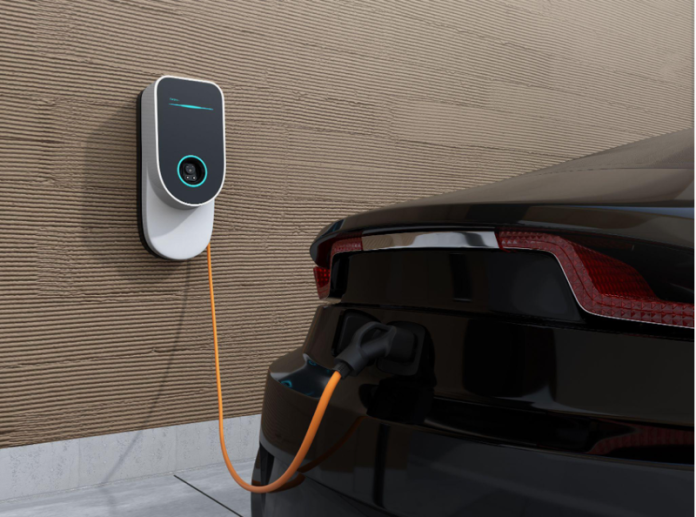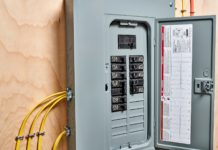If you’re considering buying an electric vehicle (EV), you know that charging your car is a huge part of the equation. But did you know there are different types of chargers? Moreover, only some-electric vehicle (EV) chargers are created equal: some charge faster than others, some can handle more devices simultaneously, and others allow for better energy management.
The answer to this question depends on your specific needs and wants for charging an EV in your home. You need to consider what type of car or vehicle you want to charge and how often they’ll use their batteries over time.
Why is your chosen type of EV charger so important?
Choosing the right type of EV charger for your vehicle can take time and effort. There are many factors to consider, including your budget, the environment you drive in, and how often you drive. Choosing a charger with features like the ability to charge at home or work can make things easier on you and your wallet.
The most important factor to consider for choosing an EV charger is how often you use it. If you only use it occasionally, choosing one with a lower price tag may be best. On the other hand, if you use it regularly, choosing a longer lifespan may be best suited for your needs.
Different EV Charger Options
The electric car is becoming increasingly popular, but one of the biggest hurdles is the need for charging stations. Unfortunately, while more and more charging stations are popping up around the country, they’re only sometimes conveniently located for your home.
Portable home EV charger
A portable home EV charger is a device that can be used to charge your electric car at home. It is designed to plug into your vehicle’s charging port and use electricity from your home to charge the battery.
Wall-mounted home EV charger
Wall-mounted home EV chargers are an easy way to charge your vehicle without having to deal with cords, wires, and other installation requirements. They’re an excellent option for people who want to avoid the hassle of installing charging stations in their homes but still want the convenience of charging their vehicles at home.
What should you consider when buying a home EV charger?
When you’re shopping for an EV home charger, there are a few things you’ll want to consider.
What kind of EV do you own?
If you’re looking to install a charger at home, then it’s important to consider the type of electric car you own. Some types of EVs need a specific type of charger to work correctly. If your car doesn’t have the right kind of plug-in, you may find that the car won’t charge at all or will only charge very slowly—and this could cause problems with your battery life and overall efficiency in the long run.
Power availability in your home
If you’re looking to buy an EV, you might wonder where you’ll charge it. If you have a home EV charger, it’s important to make sure the power is available before purchasing it.
You may have heard that many homes are now equipped with solar panels, but did you know that some solar systems can harm your EV battery? This is because solar panels produce DC power, not AC power, which your EV needs. So if you have a home EV charger and use solar power, your battery could discharge faster than normal because of the difference between DC and AC.
What is your desired charging speed?
Consider your desired charging speed when looking for a home EV charger because it will help you determine what kind of charger you need and how much you will have to pay. If you want to charge your car as quickly as possible, it may be worth investing in a more expensive model and to learn more about installing an EV charger in your home.
The desired speed you want depends on how often you plan on driving your car and how much time you have to spend charging it. If you only use your home EV charger once in a while, then it may not matter how long it takes to charge, and based on your EV charger levels:
EV charging stations are available at different levels, depending on your needs.
Level 1 – Regular Charging
This is the most common charging station level and can be found in homes and businesses. Level 1 chargers are basic, with a power cable connecting to the vehicle’s charge port. They can typically deliver 4-11 km per hour of charge.
Level 2 – Fast Charging
Fast-charging stations usually have at least one fast-charging port, which can deliver up to 80 km per hour of range in 30 minutes or less. Most homes do not have this type of charger, but they are becoming more common in public places like shopping malls and airports.
Level 3 – Supercharger
Superchargers are usually installed in public areas instead of private residences because they require 240V power supplies to work properly and safely. They can deliver 120 kilowatts of power at peak performance, which means they can replenish 128.7 km per hour of range in 5 minutes or less for cars such as Teslas.
So, if you’re looking for the best EV charger
An EV charger is a really important part of owning an electric vehicle. It allows you to charge your car in your home garage, so that you can drive it during the day without having to run out to the gas station every couple of days. When making your purchase, consider some of the factors we listed above and make sure to choose a charger that suits your needs.














